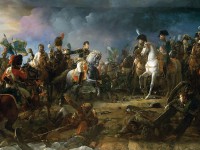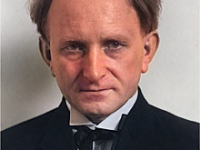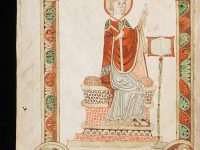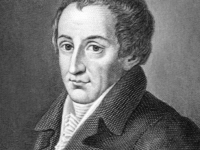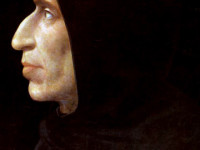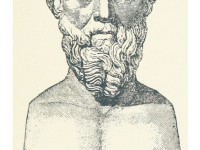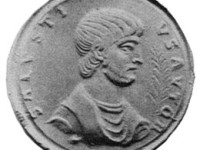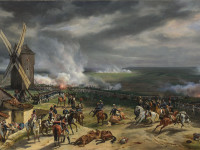The Revenge of the 47 Ronin
In Genroku 15, on the 14th day of the 12th month (元禄十五年十二月十四日, Tuesday, January 30, 1703), in revenge for the death of their prince Asano, 47 Ronin invaded the house of the Japanese Shogunate official Kira Yoshihisa in Edo and killed him and his male followers. The story of the 47 Ronin is one of the most celebrated in the history of the samurai. Described by Japanese historians as a ‘National Legend’,…
Read more


